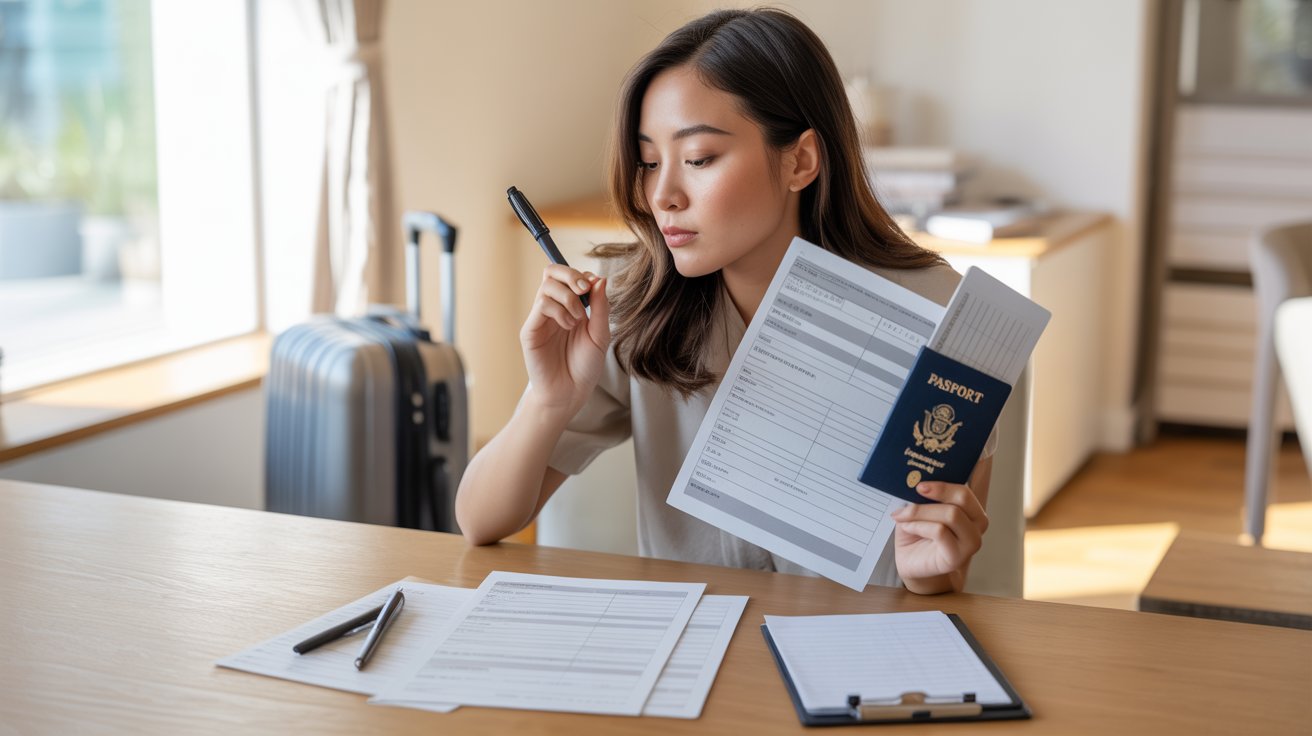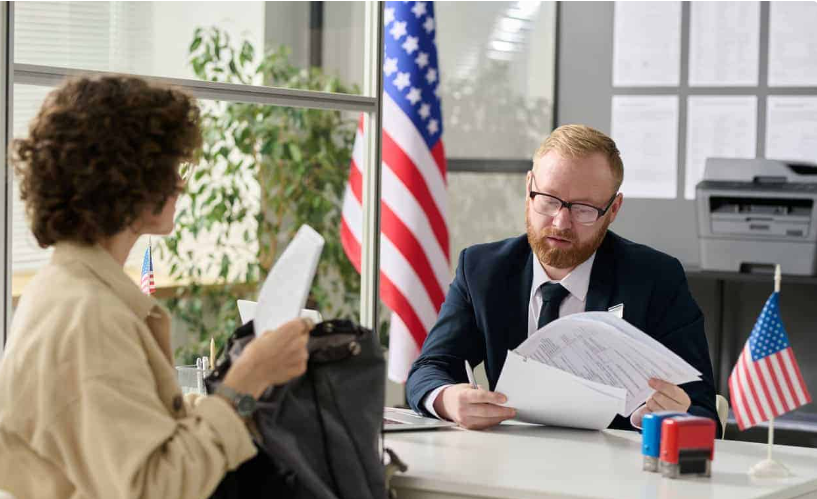Tips for Smooth Entry into the U.S. as an International High School Student or Visiting Fellow
Traveling to the United States as an international high school student or visiting fellow can be both exciting and nerve-wracking. Ensuring a smooth entry into the country is essential to starting your educational or research experience on the right foot. To help make your arrival seamless, we’ve compiled a list of invaluable tips to guide you through the process.

Visa Application and Documentation
- Obtain the correct visa for your specific purpose. International high school students often apply for an F-1 visa, but for those who are staying in the US for a quick summer vacation internship like the Global Leadership: Internship program, a valid visitor’s visa for US entry will suffice. Meanwhile, visiting fellows may require a J-1 visa. Make sure your visa is valid for the entire duration of your stay.
- Keep your Form I-20 (for F-1 visa) or DS-2019 (for J-1 visa) and other relevant documents handy. These forms contain essential information about your program and sponsorship.
- Always carry photocopies of your important documents, including your passport, visa, Form I-20 or DS-2019, and any supporting paperwork. Keep both physical and digital copies in a secure location.
Select the Right Port of Entry
- Familiarize yourself with the U.S. port of entry you’ll be using. Major international airports like JFK in New York or LAX in Los Angeles usually have more resources and staff to assist travelers.
- Opt for flights that arrive during regular business hours to ensure access to immigration and customs services. Late-night arrivals might have reduced staffing.
Prepare for Interviews
- Be ready to answer questions about the purpose of your visit, your program of study or research, and your accommodation arrangements. Immigration officers may also inquire about your financial support.
- Be concise, honest, and polite in your responses. Clear communication will help expedite the process and create a positive impression.
Financial Documentation
- Carry proof of sufficient funds for your stay in the U.S., including bank statements, scholarship letters, or financial guarantee documents.
- Be prepared to explain how you intend to cover tuition, living expenses, and any other financial obligations.
Health Insurance
- Ensure you have adequate health insurance coverage that meets U.S. requirements. Many schools and sponsoring organizations offer health insurance plans tailored to international students and visiting fellows.
- Keep your insurance documents readily accessible for potential inspection.
Customs Declarations
- Familiarize yourself with U.S. customs regulations regarding what you can and cannot bring into the country. Declarations must be accurate, and any restricted or prohibited items should be declared.
- Be aware of the duty-free limits and restrictions on items like alcohol, tobacco, and gifts.
Emergency Contacts
- Maintain a list of emergency contacts, including your school or sponsoring organization’s contact information. This can be invaluable in case of unexpected issues or delays.
Stay Informed
- Stay updated on any changes in U.S. immigration policies, travel restrictions, or COVID-19 guidelines. Regulations may change, so it’s vital to stay informed before your departure.
Cultural Sensitivity
- Learn about American customs and etiquette. Show respect for cultural differences, and always be polite and considerate when interacting with immigration officers and fellow travelers.
Patience and Flexibility
- Prepare for potential delays or unforeseen circumstances. Maintaining a calm and patient demeanor can help resolve any issues that may arise during your entry process.
Conclusion
By following these tips and maintaining a positive attitude, you can start your academic or research journey in the U.S. with confidence and ease.



Additional Tips
- Dress appropriately. When arriving in the U.S., it’s important to dress appropriately for the occasion. This means avoiding clothing that is too revealing or too casual. Instead, opt for neat and tidy attire that shows respect for the immigration process.
- Be polite and respectful. Immigration officers are trained to be professional and courteous, but it’s important to reciprocate this behavior. Be polite and respectful in your interactions, and avoid getting into any arguments or disagreements.
- Be honest and truthful. When answering questions from immigration officers, it’s important to be honest and truthful. Any false or misleading information could result in a denied entry or other negative consequences.
- Relax and take a deep breath. The entry process can be daunting, but it’s important to relax and take a deep breath. Remember that the immigration officers are simply doing their job, and they are there to help you.
Want to talk more about achieving your professional goals in the US? Call us at +1-310-320-5324 or send an email at info@stanleyprep.com for more details.





